Market Analysis
In-depth Analysis of Residential Water Softening Systems Market Industry Landscape
The global residential water softening systems market is set to reach US$ 5.91 BN by 2032, at a 5.91 CAGR between years 2023-2032. Among the dynamic changes of this market is that consumers are drawn to different preferences due to such causes as environmental concerns, technological innovations, and consumer’s choice. The main driver of the market is simply people’s realization that hard water causes adverse effects on plumbing and home appliances. Consumer’s increasing demand for water softening solutions is related to the need of effective response methods that solve limescale buildup problem, decreased efficiency of water heaters and washing machines initiated by hardness. The consumer demand is vital in driving the supply of water softener systems for homes. A marked trend towards green and energy saving solutions has been observed in more recent years. Today’s homeowners favor water softeners that not only address hard water concerns but also coincide with their sustainability objectives. With this transition, manufacturers have been encouraged to innovate and come up with systems that not only soften water effectively but also reduce the negative influence on nature by maximizing energy efficiency as well consuming less salt. Indeed, technological innovations have made a significant impact on the residential water softening systems market providing people with more choices and features. Smart water softeners that utilize sophisticated sensors and connectivity capabilities have become popular. Water softening systems are also remotely monitored, controlled through patterns of use, and receive temporary alerts that improve convenience and control. In addition, the adoption of smart technologies has improved system performance overall and rendered water softening systems more mission-capable in meeting specific family needs. Besides the impact based on consumer preferences and technological developments, regulation factors and water quality concerns are another influencing factor of market dynamics for residential water softening systems. The strict rules governing water quality and preserving the environment have necessitated manufacturers to manufacture products that conform with standards but operate efficiently. Water softening systems that focus on water efficiency, reduce the amount of wastewater produced as well abide by eco-friendly measures are popular in areas where environmental control policy is strict. The competitive landscape of the residential water softening systems market consists established players as well as emerging entrants. Most of the incumbent brands tend to focus on capitalizing reputation, loyalty, and distribution channels while entrants are going for innovativeness as well as cost effectiveness. This dynamic competition allows continued product evolution and technology development, which in turn ensures customers having various options to choose from.


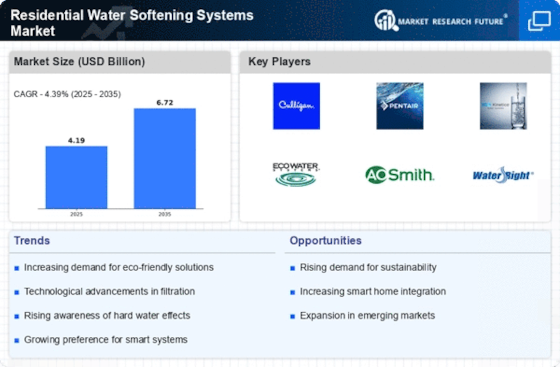

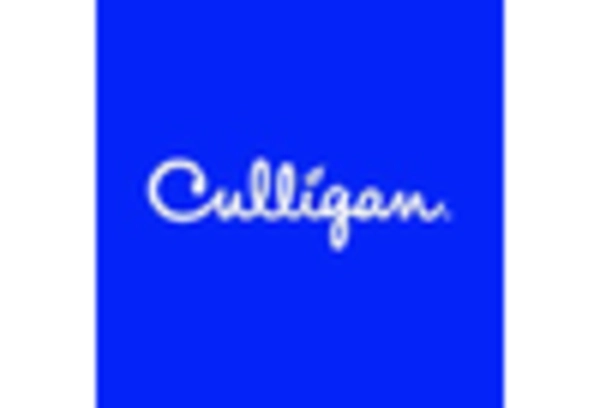
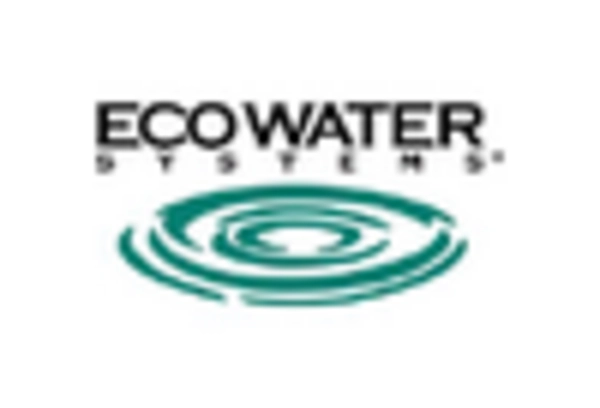
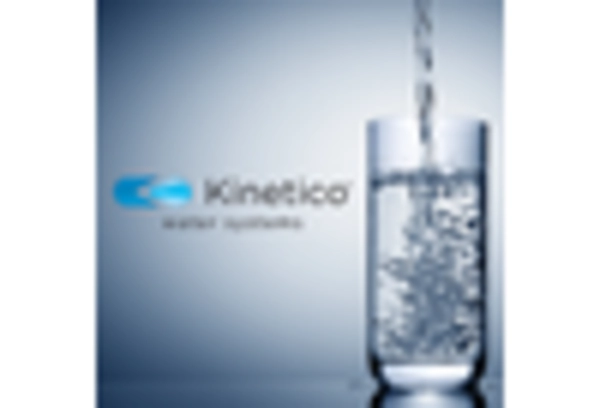

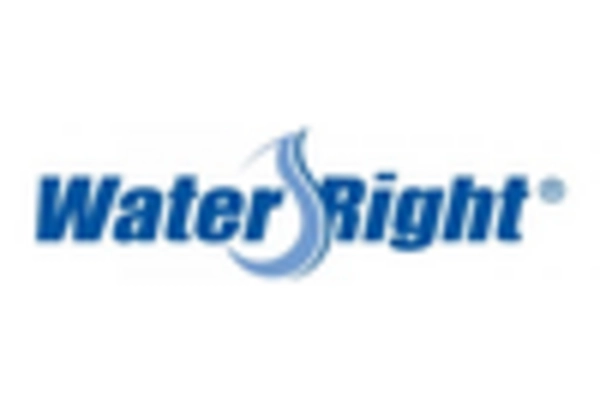










Leave a Comment